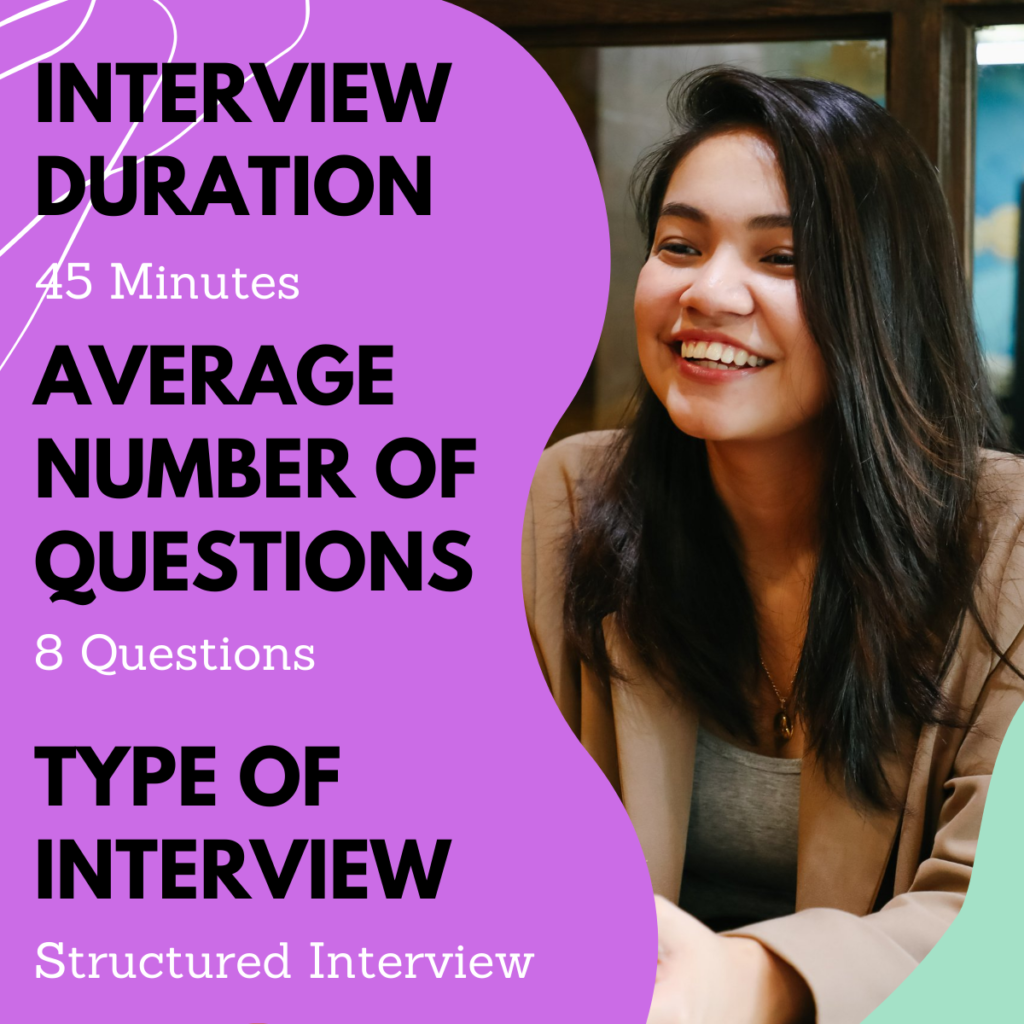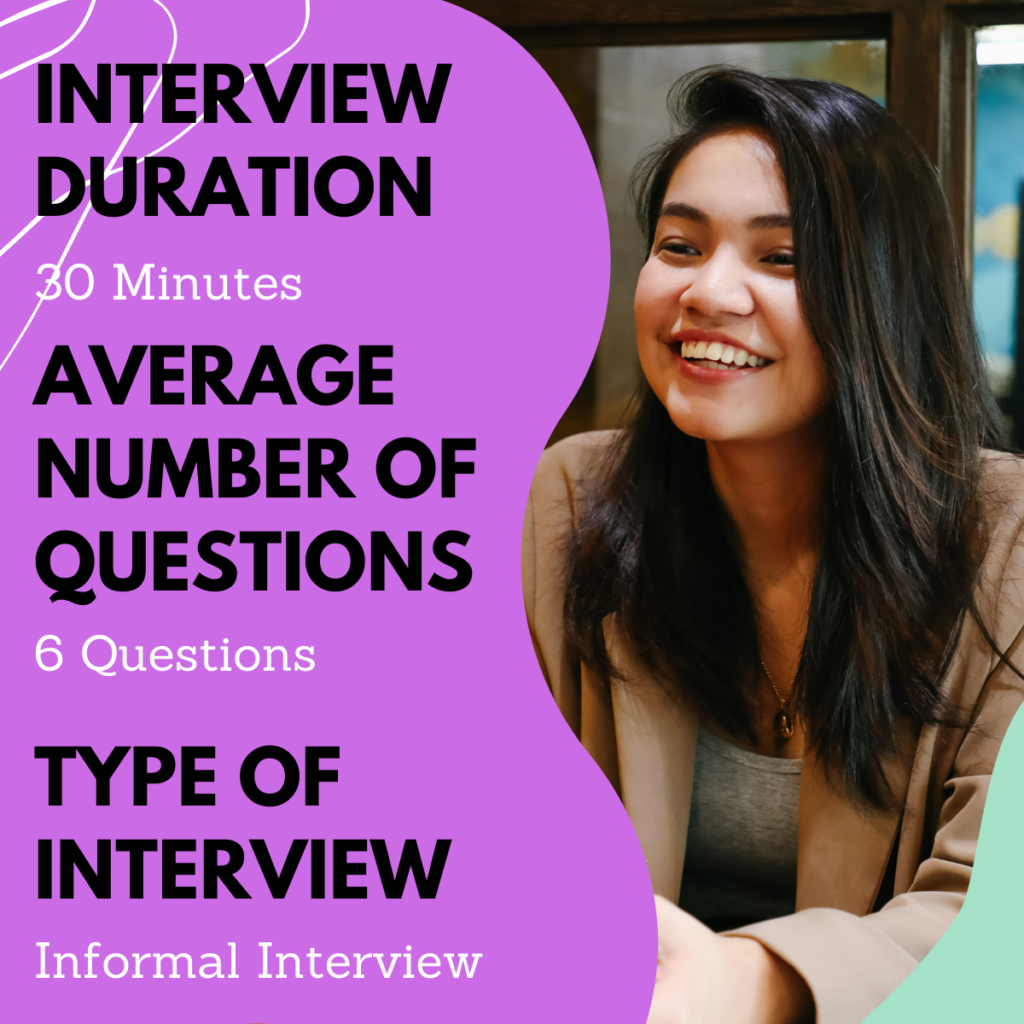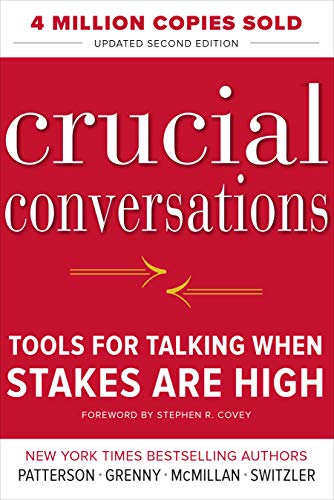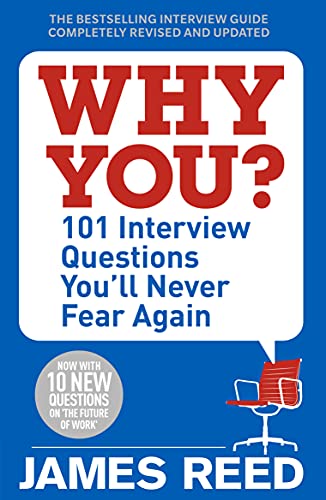The UK labour market for care assistants is an important and growing sector due to the increasing demand for elderly care – people are living for longer so they require more care workers, and support for people with disabilities or long-term health conditions.
Demand for Care Assistants
- The demand for care assistants has been consistently rising, particularly due to the aging population and the government’s focus on social care.
- The UK has a large number of elderly people, with many needing assistance for daily activities, such as personal care, mobility support, and companionship. This is expected to increase as life expectancy rises.
- Care assistants are employed in various settings, including residential care homes, nursing homes, domiciliary care (home care), hospitals, and supported living environments.

Entry Requirements – Skills and Qualifications
- Basic qualifications: While no formal qualification is required for entry-level roles, employers often expect candidates to have GCSEs in English and Maths.
- NVQs and Diplomas: Many care assistants complete vocational qualifications and/or apprenticeships, such as the Level 2 or 3 Diploma in Health and Social Care, which help increase employability.
- Experience: Previous experience in a care role or similar settings can be very beneficial. Some people start as home care workers or volunteers before becoming full-time care assistants.
- Specialised skills: There is a demand for care assistants with experience in dementia care, palliative care, or working with individuals with learning disabilities or mental health challenges. These specialised roles often come with a higher salary
How competitive is a Care Assistant job interview?

Job Opportunities and Job Outlook
- The care assistant job market remains strong, with regular vacancies across the UK, particularly in the Midlands, North East, and North West regions.
- The sector is expected to grow steadily, especially as the NHS faces pressure, and the demand for home care increases.
- Many care providers offer career progression opportunities for staff, such as training to become senior care assistants or supervisors.
- Job growth is driven by the need to support older adults and people with long-term conditions, and it’s also influenced by government funding for social care.
Location Trends
- Larger urban areas, like London, Manchester, Birmingham, and Edinburgh, generally have more care assistant job openings due to the larger population sizes.
- Rural and remote areas may have fewer job openings, but there can be a higher demand in certain specialized care sectors, such as elderly care in smaller communities.
Challenges in the Sector
- Workforce shortages: The social care sector is facing a significant shortage of workers, partly due to low wages compared to other industries, and the demanding nature of the work.
- Retention: High turnover rates are common, as the work can be physically and emotionally demanding.
- Training and support: There is an emphasis on improving staff training and retention through ongoing professional development opportunities.
Employment Types
- Many care assistants work full-time, but part-time and zero-hour contracts are also common in the sector.
- Shift work: The nature of care work often requires evening, night, and weekend shifts, which is something to consider when looking for a job.
Where are the care assistant jobs in the UK?
1. Regional Job Opportunities
London and South East
- Demand: High demand due to the large, diverse population and the aging demographic. There is also a greater number of private care agencies and care homes.
- Salary: Typically on the higher end of the scale. Starting salaries can range from £10 to £12 per hour, with more experienced roles or specialized care positions going up to £25,000 or more annually.
- Types of Jobs: Many care assistants work in residential care homes, while domiciliary care (home care) is also growing, especially for elderly clients who prefer to stay at home.
- Opportunities: Look for local job boards or agency listings (e.g., Reed, Indeed, or local council websites).
North West
- Demand: Growing demand, particularly in areas like Manchester, Liverpool, and other urban centers. The region has a mix of public, private, and charity-based care providers.
- Salary: Average salaries range from £9 to £11 per hour, with slightly higher wages in urban areas and for specialized roles like dementia or palliative care.
- Types of Jobs: Residential care, dementia care, and home care services are all in demand.
- Opportunities: Many opportunities through NHS jobs, recruitment agencies, and local council postings.
Midlands
- Demand: The demand for care assistants is strong in both rural and urban areas, with an emphasis on elderly care and care for individuals with learning disabilities.
- Salary: Pay tends to be slightly lower compared to London but still competitive. Expect around £9 to £10.50 per hour.
- Opportunities: Care assistants are needed in nursing homes, care homes, and home care. Look out for opportunities through both private providers and the NHS.
North East
- Demand: High demand, especially in rural areas where care needs are more specialized and personalized.
- Salary: Pay ranges from £8.50 to £10.50 per hour, with opportunities for progression into senior care assistant roles or management in care homes.
- Opportunities: Plenty of openings in smaller, more specialized facilities or independent care providers.
Wales and Scotland
- Demand: Both countries see a growing demand for care assistants, especially in rural areas where the elderly population is higher.
- Salary: Similar to other regions but can vary slightly depending on location. Expect around £9 per hour in general.
- Opportunities: Scotland, in particular, has seen initiatives aimed at improving care staff wages and conditions. Opportunities often available through local government or private care providers.

Tips for Entering the Care Sector
A. Qualification and Training
- Entry-level: You don’t necessarily need formal qualifications to start, but having a good level of English and maths (GCSE or equivalent) is helpful. Employers often provide on-the-job training, including courses in manual handling, health and safety, and safeguarding.
- Vocational qualifications: The Level 2 or 3 Diploma in Health and Social Care is highly valued and can help you progress into more senior roles.
- Additional Certifications: For specialized care roles (e.g., dementia care), consider additional training or certifications like Dementia Care Matters or End of Life Care training. This can make you more competitive, especially if you want to work in more complex care settings.
B. Volunteering or Work Experience
- Gaining experience through volunteering in a care home or with a home care service can give you an edge. It allows you to understand the work environment and gain firsthand experience, which is highly valued by employers.
- Many charities and non-profit organizations offer opportunities for volunteers to work alongside professional care assistants, and these experiences can lead to paid positions.
C. Register with Recruitment Agencies
- There are many agencies that specialize in placing care assistants, particularly in areas of high demand. Examples include Hays Social Care, Recruitment Panda, and Bluebird Care.
- These agencies can help you find temporary or permanent positions and may also offer additional training.
D. Apply Directly
- Larger care providers, such as Care UK, Barchester Healthcare, and HC-One, often post job vacancies directly on their websites.
- The NHS Jobs site also lists roles in the public sector, and local councils regularly post care assistant roles.
E. Be Prepared for Shift Work
- Many care assistant roles, particularly in care homes or hospitals, require night, weekend, or holiday shifts. Ensure you’re comfortable with irregular hours before applying.
- Some care providers offer more flexible working hours or part-time roles, so it’s worth asking during the application process.
F. Consider Career Progression
- Many care assistants progress into roles such as Senior Care Assistant, Care Supervisor, or Registered Manager. With further qualifications (e.g., NVQ Level 5 in Leadership and Management in Care), it’s possible to move into management positions.
- The sector offers varied career paths, so keep an eye out for opportunities to take on more responsibility.
Job interview questions will vary depending on the job role’s specialty, with employers asking for examples and looking for high levels of knowledge around the specialism.
Interview Specifics:

Can you demonstrate the relevant knowledge and experience to pass a Care Assistant job interview?
- sensitivity and understanding
- a desire to help people
- teamwork
- patience and remaining calm in stressful situations
- an attention to detail (especially when working with medicine)
- emotional intelligence
- strong communication and listening skills
Salary and Pay Rates
- Care assistant salaries in the UK vary depending on location, the level of responsibility, and the type of care provided.
- National average: The salary for a full-time care assistant is around £18,000 to £22,000 per year.
- Hourly rate: Care assistants earn approximately £9 to £12 per hour, though this can be higher in some areas or for specialized roles.
- London and the South East: Wages are generally higher due to the higher cost of living. Salaries in these areas can reach £25,000 or more.
- Overtime and bonuses: Some care assistants may receive extra pay for weekend, night, or bank holiday shifts.
Check the average pay.
Follow the three rules of a successful job interview:
One – identify the skills and experiences of the care assistant role
Two – be a self-promoter by your personal qualities and experiences by using real examples throughout the job interview
Three – communicate confidently. Explain in detail your work experience and how it meets the job criteria
Get Interview Ready
To pass a job interview, it is important to predict the interview questions and practice delivering the interview answers confidently.
- Mock interviews help to practice an interview in full
- Re-writing interview answers helps with memory
- Talking at a slower pace (as interviewees then speed up due to nervousness) helps the employer to record your experiences and skills
Why do you want to work as a care assistant?
Answer Example:
“I’ve always had a strong desire to help people, particularly those who are vulnerable or need support in their daily lives. In my previous role as a care assistant, I found it incredibly fulfilling to make a positive difference in someone’s day, whether it was helping with personal care or just providing companionship. I believe everyone deserves dignity and respect, and I find great satisfaction in being able to offer that support.”
Can you tell us about your previous experience in care?
Answer Example:
“I have worked as a care assistant for three years, mainly in a residential care home. My responsibilities included assisting with daily activities, administering medication under supervision, supporting residents with mobility, and maintaining their personal hygiene. I also had experience supporting individuals with dementia, which taught me patience and effective communication strategies. I’m passionate about delivering care that enhances quality of life, and I take pride in ensuring all residents feel valued.”
How would you handle a situation where a resident is refusing to eat or take their medication?
Answer Example:
“First, I would try to understand the reason behind their refusal. It might be due to a lack of appetite, discomfort, or fear of medication. I’d approach the situation calmly, offering reassurance and giving them the time they need. I would involve other team members, such as the nurse or dietician, if needed, to explore different ways to address their needs. Sometimes offering smaller, more frequent meals or discussing alternatives for medication could help. Ultimately, my focus would be on listening to their concerns and offering a solution that they are comfortable with.”
How do you ensure the privacy and dignity of the people you care for?
Answer Example:
“I always make sure to respect the personal space and privacy of the individuals I care for. This means knocking before entering rooms, covering them properly during personal care, and ensuring that they are comfortable at all times. I also maintain a confidential approach to their personal information and health history. Upholding dignity involves treating everyone with respect, listening to their preferences, and ensuring they are involved in decisions about their care.”
What would you do if you noticed a colleague wasn’t following proper care procedures?
Answer Example:
“If I noticed a colleague wasn’t following procedures, I would first consider whether it was due to a lack of training or misunderstanding. I would approach the situation professionally, either offering assistance or gently reminding them of the correct procedures. If the issue persisted, I would raise the concern with the manager to ensure that proper standards are maintained. It’s important to create an environment of mutual respect and ensure the safety and well-being of the residents.”
How do you manage stress in a high-pressure environment?
Answer Example:
“Care work can be stressful at times, especially when there are multiple tasks to manage or a resident is in need of urgent support. I find it helps to stay organized, prioritize tasks, and keep a calm, positive attitude. Taking a few moments to breathe and refocus can make a big difference. I also ensure to communicate with my team and ask for help if needed, as care work is often collaborative. Managing stress effectively helps me maintain a high standard of care for the people I look after.”

Can you give an example of when you had to deal with a challenging resident? How did you manage it?
Answer Example:
“I worked with a resident who had dementia and would sometimes become agitated during personal care. I learned that their agitation was often triggered by changes in routine or feeling overwhelmed. I responded by speaking to them calmly and using gentle reassurance. I also made sure to establish a routine and give them the time they needed, avoiding rushing or forcing any tasks. Over time, this approach helped build trust and reduce their anxiety, and I was able to provide better care with their cooperation.”
How would you promote independence in a resident who is physically frail but still mentally alert?
Answer Example:
“I believe in promoting independence while ensuring safety. For a resident who is physically frail but mentally alert, I would encourage them to do as much as they can themselves, whether it’s dressing, eating, or exercising with assistance. I would set up their environment to be as accessible as possible, making sure mobility aids are available and offering encouragement. I’d always respect their pace and preferences, ensuring they maintain a sense of control over their daily activities.”

What does good teamwork mean to you in a care setting?
Answer Example:
“Good teamwork means communication, support, and collaboration. In a care setting, it’s crucial that everyone is on the same page to ensure the best care for the residents. I always strive to communicate effectively with my colleagues, sharing any relevant information about the residents’ needs, and asking for help when necessary. I also believe in supporting my colleagues, whether it’s assisting with a difficult task or providing emotional support. In a team environment, we all have the shared goal of providing compassionate, high-quality care.”
10. How do you ensure that you continue developing your skills as a care assistant?
Answer Example:
“I am committed to continuous learning and development. I keep up to date with the latest best practices in care through training courses and reading relevant materials. In my previous roles, I have taken advantage of opportunities for further qualifications, such as the Level 2 Health and Social Care diploma, and I plan to continue developing my skills. I also welcome feedback from colleagues and managers, as it helps me identify areas for improvement and ensures that I am providing the highest level of care.”
Need help? Book an interview coaching session.




















